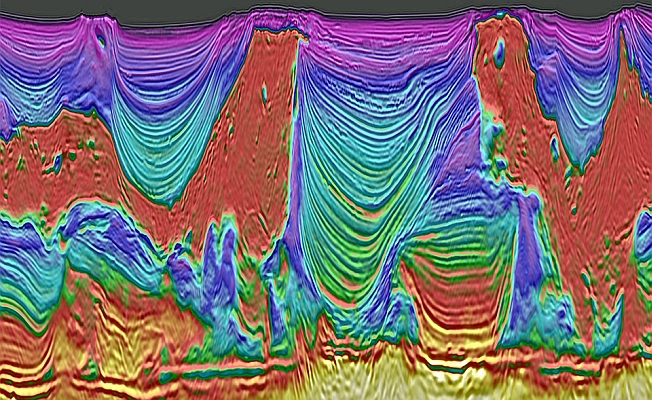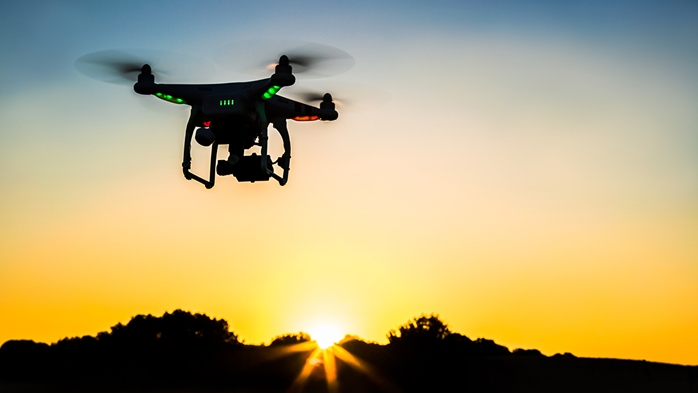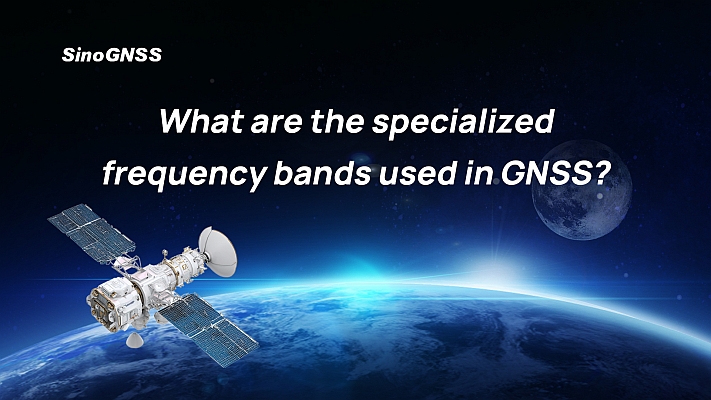Fugro EarthData announced today that it has developed accurate, landscape-level estimates of carbon content in lowland tropical forests in South America using data collected by its airborne radar mapping platform, GeoSAR. The work is funded through a grant extended by the Blue Moon Fund, and executed through the fund’s partnerships with Wake Forest University (WFU) and NASA’s Jet Propulsion Laboratory (JPL).
Originally developed by NASA JPL and currently owned and operated by Fugro, GeoSAR is a one-of-a-kind mapping system that collects dual-band radar data through clouds and dense foliage over large project areas. “GeoSAR’s radar observations using two separate frequencies, one reflecting off the tree canopy and the other penetrating the foliage, is ideally-suited to recovering tropical forest biomass with a high degree of certainty over high biomass areas,” said Dr. Miles Silman, associate professor of Biology, Wake Forest University.
Project deliverables include digital, high-resolution above-ground biomass estimates for the project area, and a map of total carbon storage for evaluation of REDD related baseline projects. “Until now, much of the work related to forest carbon estimations have relied on ground-based sampling methods. Using our cutting-edge remote sensing technology we are developing a viable solution for monitoring forest carbon stock that will support future climate change research and policy,” said Ed Saade, president of Fugro EarthData.
Follow us on Twitter.






